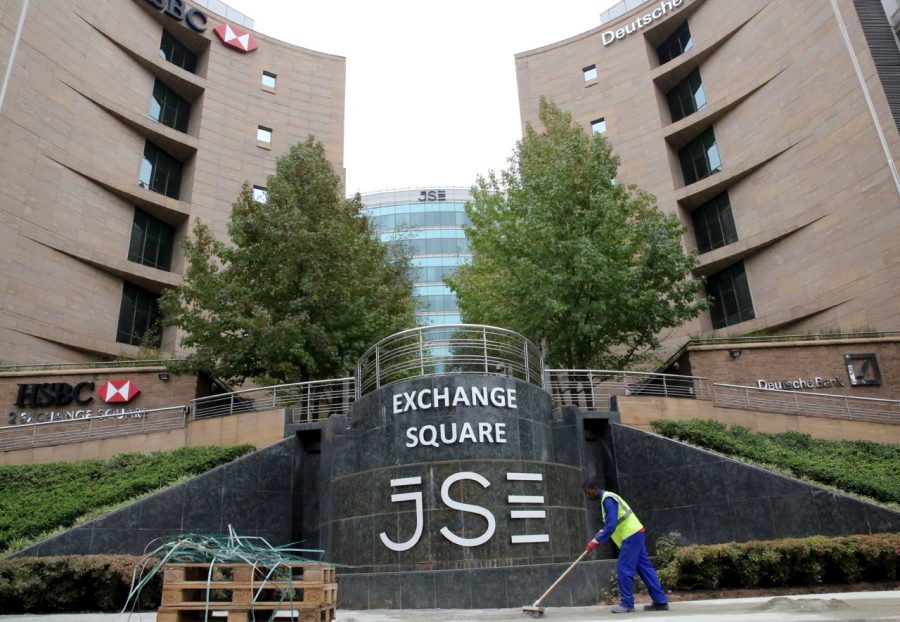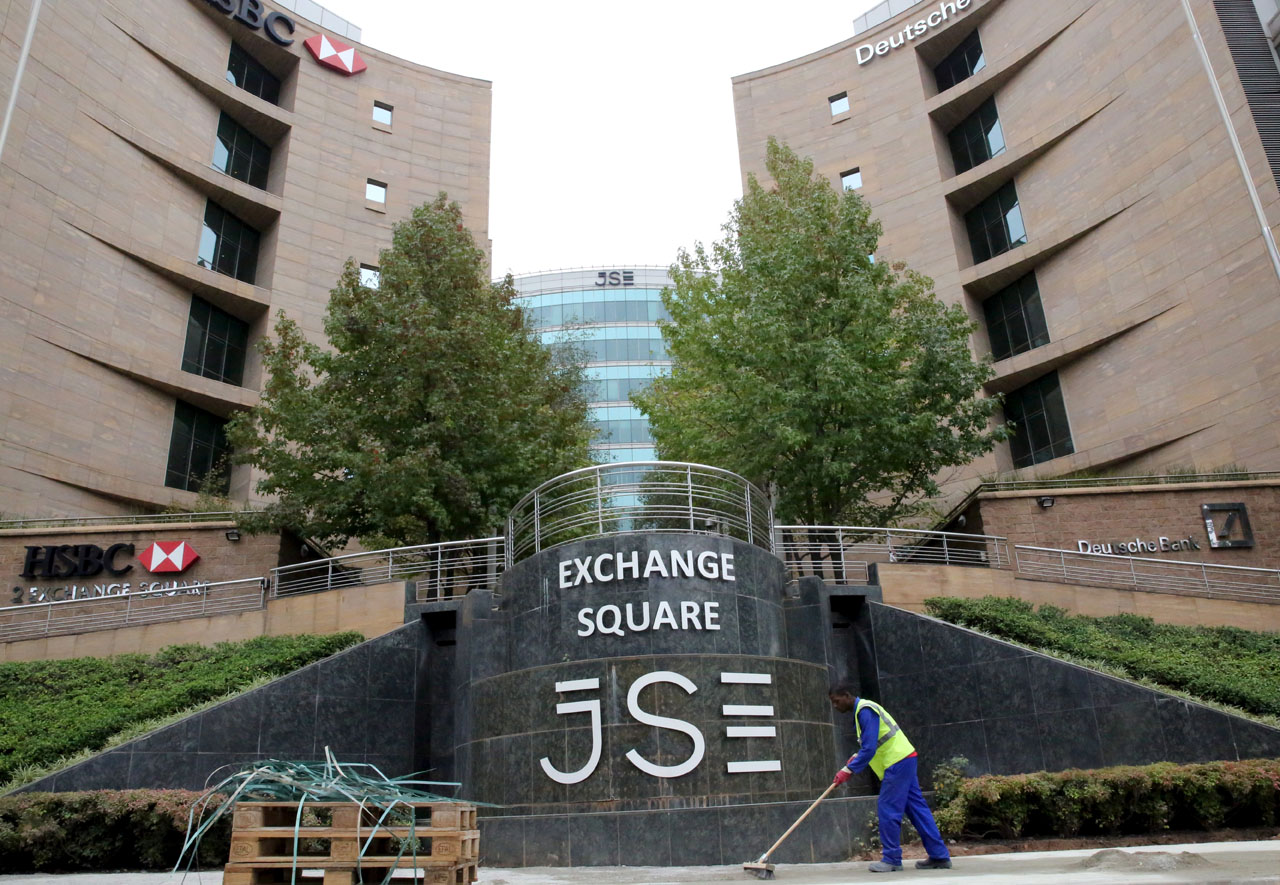
South Africa’s Rand Tumbles to 3-Month Low
JOHANNESBURG – South Africa’s rand weakened more than one percent on Wednesday as weak Chinese manufacturing data offset hopes that a trade war between China and the United States was ending. Stocks saw their largest single-day drop since August, as risk aversion globally weighed on the local market. At 1502 GMT, the rand was 0.71 […]

JOHANNESBURG – South Africa’s rand weakened more than one percent on Wednesday as weak Chinese manufacturing data offset hopes that a trade war between China and the United States was ending.

Stocks saw their largest single-day drop since August, as risk aversion globally weighed on the local market.
At 1502 GMT, the rand was 0.71 percent weaker at 14.4525 per dollar, a touch off the session-low 14.5375 after closing at 14.3500 on Monday.
Factory activity in China, the world’s second biggest economy, shrank for the first time in over two years in December, testifying to the toll the trade war with the United States has taken.
Comments on Sunday by U.S. President Donald Trump, indicating progress had been made toward a potential settlement of the trade dispute, had lifted emerging markets hit by the potential impact the trade row.
With no economic data due locally until Friday’s purchasing manager’s index and volumes still light, the rand is set to drift within a recent range, with 14.20 and 14.60 the next technical landmarks.
“A close above 14.6130 will prompt a cautious upgrade, as fresh (dollar) demand helps to push prices towards 14.8507,” analysts at Continuum Economics said in a note.
Bonds also weakened, with the yield on the benchmark bond due in 2026 up 5 basis points to 8.935 percent.
In stocks, Johannesburg Stock Exchange’s top-40 index had declined 3 percent by 1511 GMT. The broader all-share index was down 2.8 percent.
Retailers and mining companies were among the shares falling the most. Masmart, Shoprite and Anglo American all were down more than 4 percent.
Global mining companies like Anglo lost out amid weak copper prices again prompted by concerns over China, which is a top metals consumer.
Gold miners like Sibanye-Stillwater, up over 6 percent, and Harmony Gold, up over 5 percent, were among the biggest winners, benefiting from a retreat to safe- haven assets.
Naspers also fell 3.7 percent, tracking losses at Chinese internet group Tencent Holdings, in which it holds a 31 percent stake.
(Reporting by Mfuneko Toyana; editing by Joe Brock, Larry King)
